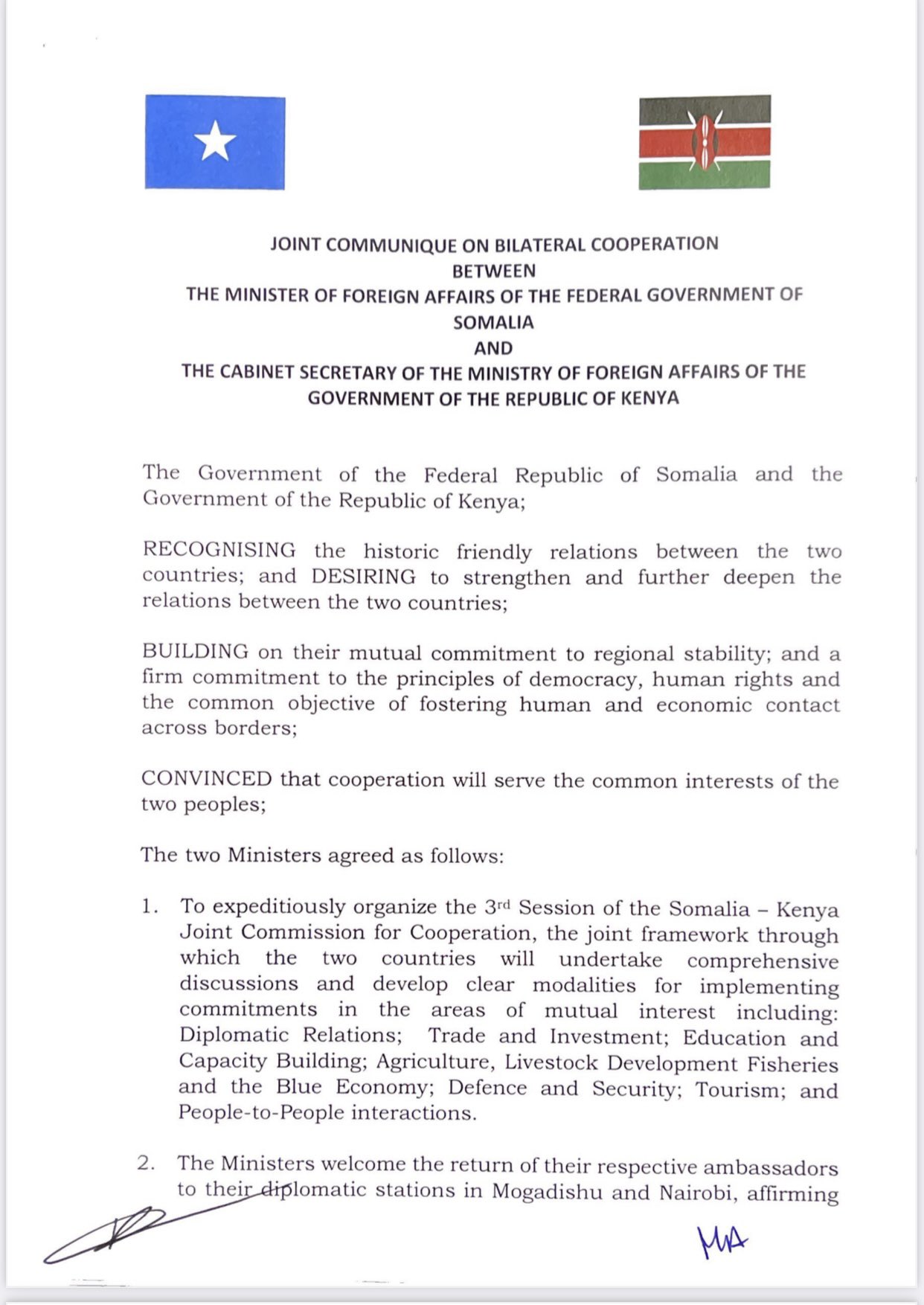





“The high court in Kenya declared that the rollout of Huduma Namba is illegal. The government of Kenya failed to undertake a Data Protection Impact Assessment before rolling out the digital ID system as required by Kenya’s Data Protection Act, 2019” (Unwanted Witness, 14.10.2021).
The Jubilee government and President Uhuru Kenyatta have failed again. This isn’t the first case of government policies not being legally rolled-out. The same happened to Building Bridges Initiative (BBI), minimum taxes, the lack of appointing judges, illegal operation of Nairobi Metropolitan Service and the Chief Administrative Officer (CAS). All of these policies and government work has been dismissed in the Courts. So, this government haven’t a good track-record.
So, not shocking…
“The government will appeal the high court ruling that invalidated Huduma namba rollout. Interior Cabinet Secretary Dr. Fred Matiang’i argued that the court verdict was based on the wrong interpretation of the essence and practical intentions of Huduma Namba” (Iftiin FM Kenya, 15.10.2021).
The Jubilee really wants this to happen. As the roll-out has so far reached 11.2 million Huduma Numba Cards been processed, only 6.5 million cards collected. This means a bit over half of the cards has been picked by the citizens. The 2019 law is clearly not legal and the usage of it is questionable at best.
“Only 6.5 million Huduma Namba cards collected from the 11.2 million processed, gov’t Spokesman Cyrus Oguna says distribution ongoing” (Radio Citizens, 13.10.2021).
Huduma Numba is a restrictive and was done with a foreign entity called Mastercard, which described it like this: “Nairobi, Kenya – February 7, 2017 – Mastercard commits to supporting the roll-out of the Huduma Card in Kenya as the technology partner of choice for the local government organisation. The secure payment solution supports Kenya’s Vision 2030 that calls for reforms in public services to enhance accountability, transparency and efficient service delivery, with focus on developing a cashless economy” (Mastercard, 2017).
So, here they are speaking of cashless society and that’s a banking services. While the same card is supposed to enhance the public services too. That is two different types of customer-bases and should be separated. This is not good for the data collected for the state and can be used by the Mastercard company.
The Huduma Namba card had to be used to access any sort of government service. If you need a passport, marriage license, driving license, register to vote, paying taxes, register a phone number, open a bank account, register company or organization, benefit from a government scheme, enrol to public educational facility, register a motor vehicle and other public services. This shows how the card was the identification every citizen needed. They were forced to have this card, as they wouldn’t have access or ability to get help from the government.
The state should just scrap this one and be careful with the data collected. Also, ensure Mastercard does the right thing and hopefully it isn’t in a loophole of technical data storage. As the international card company cannot have this massive power and monopoly on all customer data. Which they are getting with this Huduma Numba scheme.
A card that opens all the gates of government, but also to create a cashless society. That says it all about the different plans from Jubille and what Mastercard wants out of it. This is two very different plans and it should have been stopped before the citizens was signing up. They were forced … and had no other option. Because, if they didn’t sign-up they would loose out and wouldn’t have access to government entities and schemes. That should worry everyone.
Alas, we know this isn’t over and will be prolonged as the state will appeal the verdict. While the courts should also consider compensation for the burden and time the citizens had to use to get the card. Mastercard should also state what sort of arrangement they have with the Ministry of Interior and how they dissolve this agreement. Peace.










